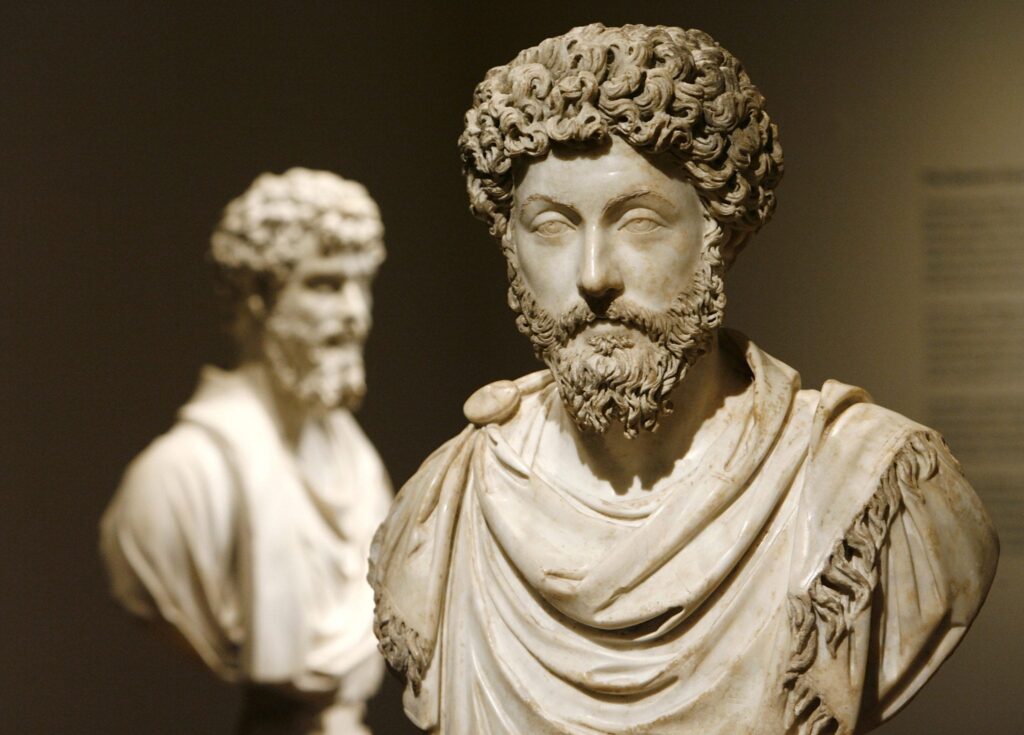
The principles of Stoicism focus on living in the present, not tomorrow. The emphasis is on virtue, rather than wealth or health. Despite the abundance of information, we should seek to develop our character and to be virtuous rather than merely materialistic. A successful businessman or artist knows that the quality of life is more important than money or power. A Stoic is aware of the responsibilities that he or she bears.
According to Stoics, there are other ways of appearing in the world than simply by existing. These are things like time, place, and sayables. They are all existent, but only in one sense: they are corporeal. This distinction complicates assimilation to the modern materialism, and Stoicism argues that all existent things are corpului, while all imaginary things are figments of the mind. While this stance may sound esoteric and unattainable to modern minds, it does allow for a unique understanding of the world.
The naive understanding of Stoicism has led to the rise of many notable personalities. Some people cite Thomas Wentworth Higginson (the earliest translator of Epictetus) as a prominent example. In addition, William Shakespeare, an American philosopher, read the Meditations of Marcus Aurelius regularly and was a member of the National Academy of Sciences. In addition to aspiring political leaders, Stoics have guided social activists.
Though the principles of Stoicism are difficult to implement, the principles of morality can be applied to everyday life. Those who follow it can live a happier and more fulfilling life than those who do not. For example, in an emergency, an individual can learn to avoid getting trapped in a dangerous situation if they practice mindfulness. The same holds true in everyday situations. While most people don’t have the capacity to achieve perfection, we can practice it and cultivate the virtues.
The Stoics differentiated between good and bad things. The four cardinal virtues are the good things in life. Their opposites are the vices. The indifferent things are the vices. A person’s health and wealth are the two most important aspects of a person’s life. In other words, the existent world is a collection of objects and people. Those who practice a lifestyle rooted in the ideal of virtue will be able to achieve a happy and contented life.
As far as assimilation to modern materialist concepts is concerned, the Stoics are at least largely compatible with Christian principles. However, their doctrines are not exactly compatible with Christian principles. Its primary aim is to make people think and act rationally. In the process, a person can become more compassionate. If a person adopts the principles of stoicism, it will affect the way they live their lives.
The philosophy of Stoicism emphasizes that we should live a simple, straightforward life and not let our emotions influence the choices we make. In other words, a stoic will not let us become obsessed with the status quo. The key is to find the path that is most appropriate for you. It may be difficult to find the right path, but stoics are able to make people feel more confident and contented.
This philosophy is based on the concept of two different elements: passive and active. The passive element is not present, but is not absent. The active element is called pneuma. It guides the growth of animate and inanimate bodies. The philosophy of stoicism is a complex and subtle path to follow, and it is often not immediately apparent. This is because the elements in the universe are essentially non-existent, and we can only experience the existence of a soul.
The concepts of the soul are closely linked. The commanding faculty includes the impulses and rational faculties. The impulses, which are the physical senses, are part of the commanding faculty. The impressions of sense are the thoughts of a rational being. It also refers to the sensations and feelings of the mind in a mature animal. These two faculties are related, but they are different. As long as they are complementary, they function harmoniously.
The morality of the Stoics is based on the principle of the world as a unity. In other words, humans have a duty to the world and must play an active role in its affairs. Thus, the ethics of a Stoic person emphasizes duty, justice, and sternness of the mind. A person who lives a moral life does not show mercy to others. This implies that one is ignoring their duties.
